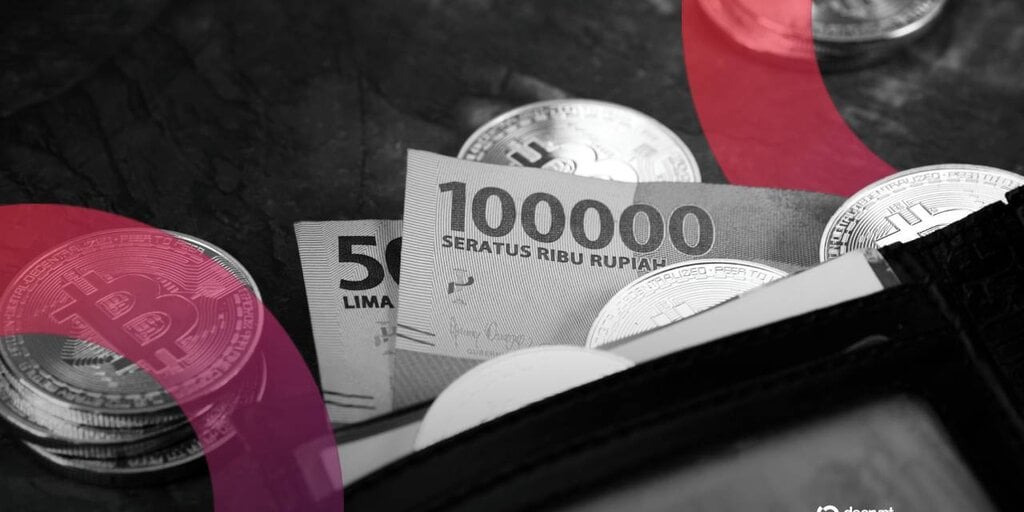Indonesia Implements New Crypto Tax Rules Amid Market Boom
Indonesia is intensifying its regulatory oversight and tax collection on its rapidly growing $39.67 billion cryptocurrency sector, starting August 1, with a five-fold increase in taxes for transactions involving foreign exchanges. Simultaneously, the government has reclassified digital assets from commodities to financial instruments under its Financial Services Authority (OJK).
The Tax Changes
Beginning August 1, Indonesia’s Ministry of Finance will levy:
- A 1% tax on crypto sales through foreign exchanges (up sharply from 0.2%).
- Increased crypto taxes on Indonesian domestic exchanges, set to rise from 0.1% to 0.21%. This rollout occurs in stages over the next two days.
The policy overhaul also includes eliminating value-added tax (VAT) for crypto buyers and increasing VAT on mining activities to 2.2%.
Furthermore, mining operations will lose their special 0.1% income tax rate, which will revert to standard personal or corporate income tax by 2026.
Context: Crypto’s Boom in Indonesia
Indonesia’s crypto market has exploded, making it the largest source of crypto asset inflows globally between July 2023 and June 2024, according to Chainalysis data ($157.1 billion).
The government aims to capture revenue from this thriving market. Moving crypto from the Commodities and Derivatives Regulatory Agency (Bappebti) to the Financial Services Authority (OJK) reflects this shift in approach, similar to a securities regulation.
Potential Backlash and Compliance Concerns
Experts warn the significant tax increase may widen the gap between domestic and international platforms, driving some activities toward offshore sites to avoid the levies.
- Tax hikes could deter frequent retail traders or high-volume flows like leveraged trading.
- Removing buyer VAT lowers transaction costs but may simply channel activity away from the domestic market.
- Local exchanges must navigate new compliance burdens, including collecting the 1% cross-border tax.
According to experts and legal sources:
- Enforcement of the 1% cross-border tax is doubted due to the decentralized nature of crypto.
- The government will struggle to track the activity and prevent parallel markets, similar to challenges seen in other nations.
- The Philippines faces a potential court case over Fintech Tax Law requirements related to crypto staking rewards.
Indonesia’s Ongoing Crypto Tax Evolution
Indonesia’s approach to crypto taxation is part of an ongoing process:
- Tax revenue from crypto initially fell sharply in 2023 due partly to fees rising faster than the asset price.
- The reclassification represents a key shift in policy direction.












